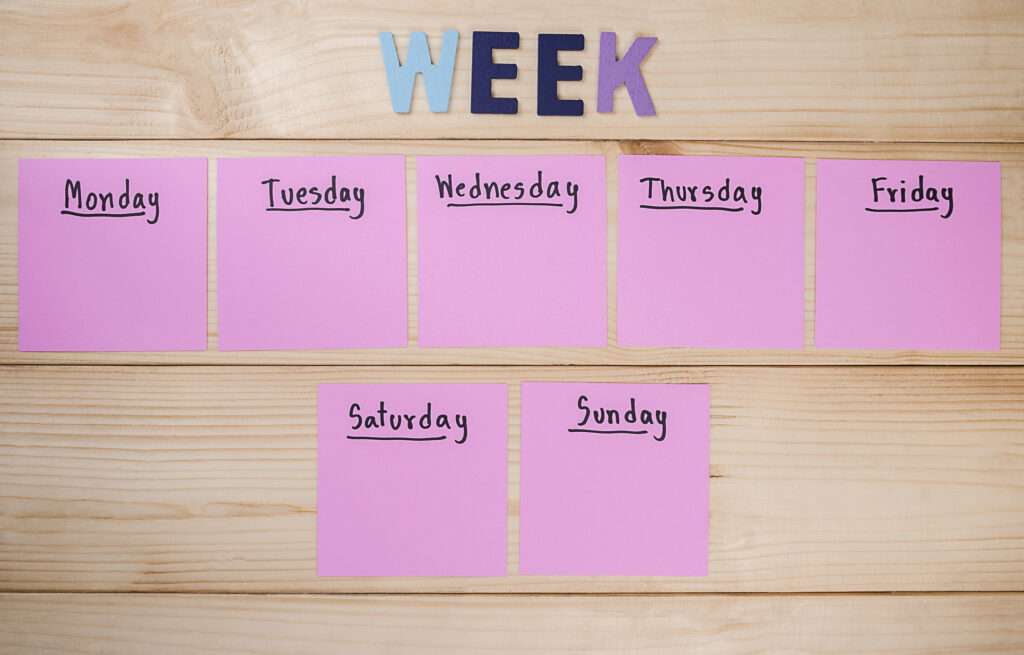
Many wonder how much one should be running as a beginner since many runners run every day. I wondered the same thing as a middle-age beginner with a healthy fear of injury. I followed one key principal that led to my success as I started my running journey.
As a general rule, beginner runners should not run more than every other day. As an older runner, you may find you need more than one rest day between runs. It is also important to take into consideration your current fitness level and any health issues you may have that may require more rest days between runs.
There is a fine line between soreness and pain, tiredness and fatigue, laziness and sensibleness. Knowing when to back off and when to push the body is a delicate balancing act that even experienced runners struggle with. The struggle for beginner runners can be even more difficult to navigate, but by following some the principals below you can stay healthy and reach your running goals as I have.
In the Beginning, Everyone Needs to Start Slow

Brand new runners or returning runners need to give body time to adapt. You can never go too slow or gradual, but the risk of doing too much too soon is great leading to pain or injury.
Running is a high impact sport that affects not just the muscles, but bones, joints, ligaments, tendons, and more. Even if your cardiovascular system is well developed, you need time for the physical demands of the other body parts to develop.
Most coaches and experts recommend starting with a walk/run method where you alternate the time walking and running. In the beginning start with a longer time walking and short period of running and gradually decrease the walking time while increasing the running time.
You may need several days or weeks to progress to the point where you can run comfortably for 30 minutes. However, you may find more success by keeping with a walk/run/walk method for all your “running” sessions and increasing the running pace as you progress.
The average goal for new runners is to run every other day for 30-40 minutes which may take several weeks. Once you can do this consistently and comfortably it may be time to transition to a running plan designed for beginners to help you reach your goals. At this point, experts still recommend not running more than every other day as the body continues to adapt to your new lifestyle.
How much rest you need and how fast you progress with depends on many different factors. It’s best not to compare yourself to others or your former, younger self. Age, fitness level, and running history will all likely impact how much and how long or far you can or should be running to stay healthy.
How far or long should I be running on each run?

As mentioned earlier, the first goal most beginner runners should reach is being able to run comfortably for 30-40 minutes 3 days a week or every other day. This is a respectable goal that most people can reach within a few weeks.
Once this goal has been achieved one can start to think of other goals such as slowly increasing the distance or time spent on one or each of the weekly runs. The safest approach to is follow a reputable running plan for beginners based on your running goals.
As your fitness improves, you will likely improve in both speed and stamina as your able to run faster and/or longer. Most beginners will see the biggest improvements in the first few weeks and months of running before leveling off.
If your goal is to stay in good physical shape, you do not need to for very long or any more often. Most studies have found that the maximum benefits of running occur at 40 minutes or less. The current recommendation for physical activity is around 75 – 150 minutes per week, depending on the intensity, which would be about three times a week.
If you are looking to increase your distance, a lot of coaches and experts recommend not increasing your overall distance each week by more than 10% of the previous week. This principal is well known in the running community and has been around for a long time.
If you are interested in increasing your distance most plans will recommend increasing your distance on one of your runs. This is what is known as the long run as it is the longest run of your week.
Factors That Impact How Much You Should Run
There are many factors that impact how much you should be running as a beginner runner. Some of these factors are considered below, but the main thing is to learn to listen to your body to avoid injury.
Fitness Level
If you currently exercise on a regular basis and have decided to add running into your routine your body may adapt a bit faster. However, if you have been in the habit of regular cardio and/or strength training you will likely benefit more with less running.
For either group, keep in mind that running is a full body workout that is very high impact. The force being exerted on the foot can be 2-3 times your normal body weight and on the knees 5-12 times the normal force. It will take time for your body to adapt to this specific type of exercise so be patient.
Age

As the body ages it will take longer to recover so you may find you need more than a day of rest between runs. Keep in mind that all the benefits of a workout come during the recovery phase so being properly rested for your next run will reap the most benefits.
For younger runners, the body may adapt and recover quite quickly, and you may soon be running longer distances comfortably. Some can even progress to running more days, but you should still be cautious with running more than every other day in the early months.
Goals
What you goal is adopting a running lifestyle will impact how much or how long you should be running. Of all the factors, this is one of the most important in the long-term, but may not be as impactful in the early months as you establish a good base.
If your goal is to run for overall fitness, then the minimum amount needed is very little as it is a high-intensity full body workout. Some experts have even said 20-30 minutes twice a week is sufficient to maintain good fitness.
If your goal is to run a 10K, half marathon, or full marathon then the amount of running you will need to eventually do will be more. It is recommended to start a plan after a solid base of running is established.
If your goal is to run a marathon, the amount of running needed may be less than you think. Jeff Galloway, a successful and reputable coach, has an excellent marathon training plan with two shorter 30 minutes runs and one progressively long run each week. Marathon Training | Jeff Galloway
Key Takeaways
Rest and recovery are extremely important for any runner, but especially for new ones. Running is hard on the body, and you will get more benefits form additional rest than you will from more running. For more recovery, what it means for runners, and why it is so important runners see my article here.
Regardless of your fitness level, age, or goals, you will be happier and healthier by respecting the body and giving it at least a day of rest as you begin your running journey.